What’s the difference between grammar vs punctuation? Why do they matter, or do they matter at all?
And how can you get better at them, even if all the grammar and punctuation rules are a struggle to remember?
At The Write Practice, we publish a new article each day designed to help writers tackle one part of their writing journey, from generating ideas to grammar to writing and publishing your first book. Each article has a short practice exercise at the end to help you immediately put your learning to use.
Check out the latest articles below or find ones that match your interest in the sidebar.
And make sure to subscribe to get a weekly digest of our latest posts, along with our free guide, 10 Steps to Become a Writer.
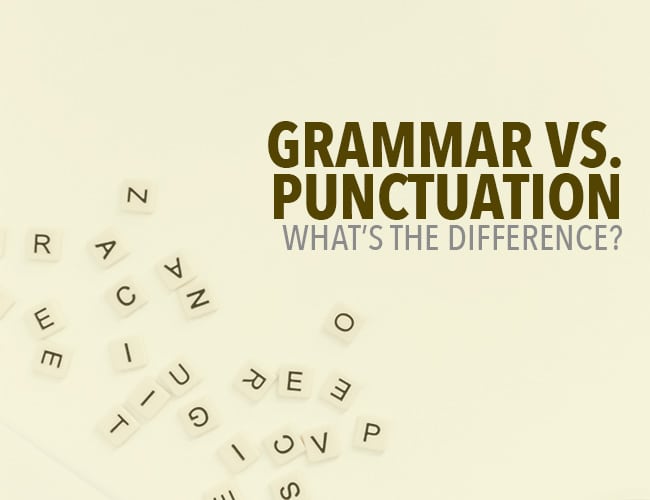
What’s the difference between grammar vs punctuation? Why do they matter, or do they matter at all?
And how can you get better at them, even if all the grammar and punctuation rules are a struggle to remember?

I’ve considered myself a writer for years, but a storyteller? I thought that just came with the territory. It wasn’t until I listened to an interview between Write Practice founder Joe Bunting and writer Kevin Kaiser that I realized the two are very different.
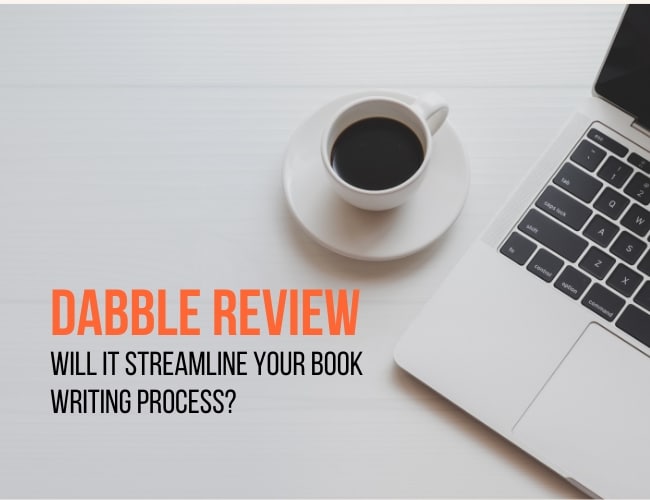
As a writer, when you move from whipping up short stories to tackling the beast that is a novel, the cracks in standard word processors start to show. I needed book writing software, and I wanted something powerful but simple to use. I tried a number of programs, but Dabble has been my favorite. Check out my Dabble review and see if it might work for you too.

I’ve been thinking about translating my books for a long time. The idea of reaching readers in other countries is exciting, but the cost of hiring a human translator is… a lot. We’re talking thousands of dollars and months of waiting, and that has always felt like a huge barrier. So when Joe Bunting asked if I’d like to write a ScribeShadow review, I was genuinely curious. ScribeShadow is an AI translation platform built specifically for authors. The idea is simple. Let AI do the heavy lifting, then let a human translator polish the final text. I tested it using the free credits they give you when you create an account, and here’s exactly how it went.
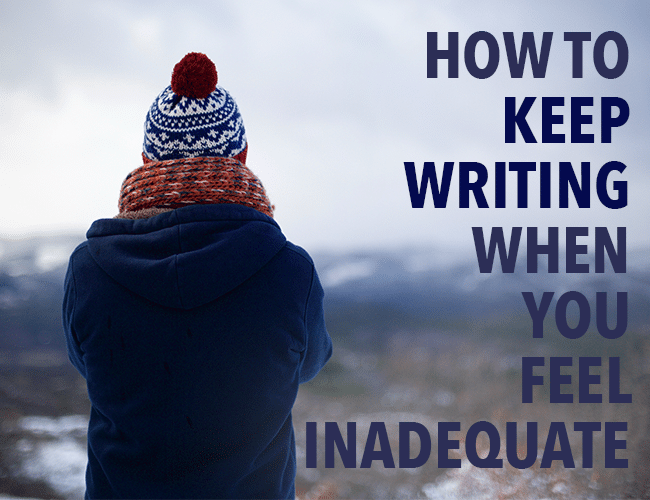
As writers, we all deal with a lack of confidence from time to time, but some writers feel plagued by it. If you allow yourself to wallow in these feelings, you won’t write enough to improve your work. If you don’t improve your work, you’ll never build a writing career you love.
Use these strategies to keep writing even when you’re full of doubt and insecurity, and ultimately reshape how you think about writing.

When you’re writing a book, you might come to this point where exasperation turns to desperation and you think: “There has to be a better way. There has to be a better piece of book writing software than Microsoft Word.”
Microsoft Word is the default word processor, but that doesn’t mean it’s the only option. And especially when you’re writing something as complicated as book, you might want a piece of writing software geared specifically toward writing a book.
In this post, we’re going to look closely the most popular alternative to Microsoft Word: Scrivener, and talk about where each word processor shines and where each falls short.
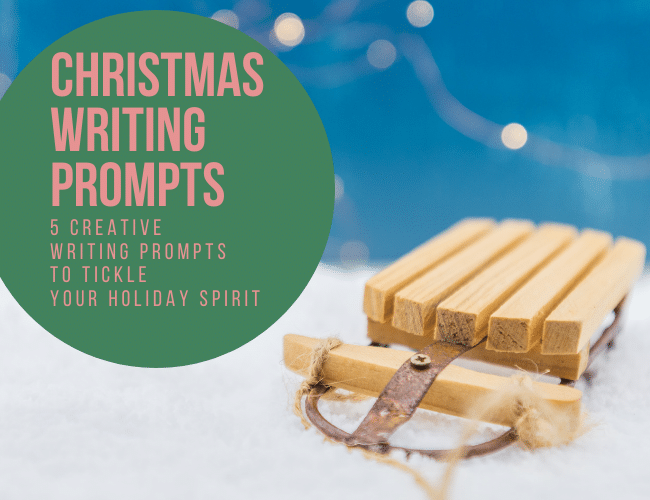
It’s Christmas Eve! The Write Practice will be taking a brief break from the blog for the next week, but in the meantime we’d love to inspire your writing this holiday season with some Christmas writing prompts.
Maybe you’re looking for some creative writing activities for the last day of school before winter break. Or you’re craving a handful of creative writing prompts that will also get you into the festive mood. Either way, these holiday-themed writing prompts are for you!
Write alone, or grab lots of people in your writing community. Pick a writing prompt for this article. When you’re chosen a favorite, take on a fifteen minute writing sprint.
It never hurts to get some special writing practice in before your holiday celebrations.
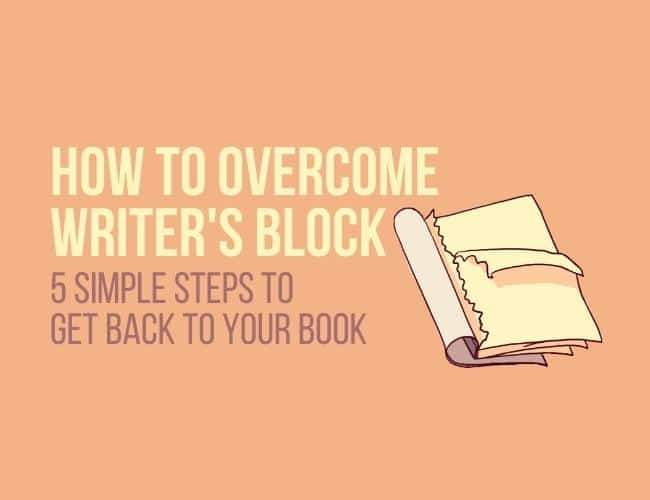
It’s practically inevitable. You’re rockin’ and rollin’ through your writing, feeling invincible, and then you reach a sudden halt: You’re blocked. The words won’t come. It seems like there’s nothing more, and yet you’ve got things to do! Deadlines to meet! Dreams to fulfill!
It can seem impossible. But never fear: it can be done.
Here’s how to write a book when you’ve got writer’s block.

As writers, we’re always looking out for software that will make our jobs a little easier and leave us more time to do what we really want to be doing—writing! That’s why here at The Write Practice we love trying out different writing software to test their efficiency when it comes to planning, writing, editing, and formatting our books.
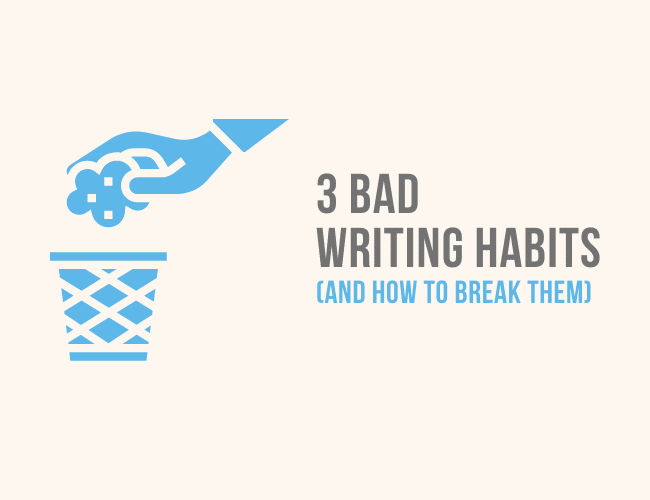
Let’s be honest: it’s hard breaking habits, especially when it comes to bad writing habits. Writing is a career that requires a lot of self-motivation. In other words, it’s the perfect breeding ground for procrastination, distractions, and a world of other bad writing habits stalling your time to write.
But there’s hope! The best way to break bad writing habits is to first recognize that 1) you have them and 2) put forth the conscience effort needed to protect your time for writing. Here’s what I consider the three worst writing habits—and how to break them.